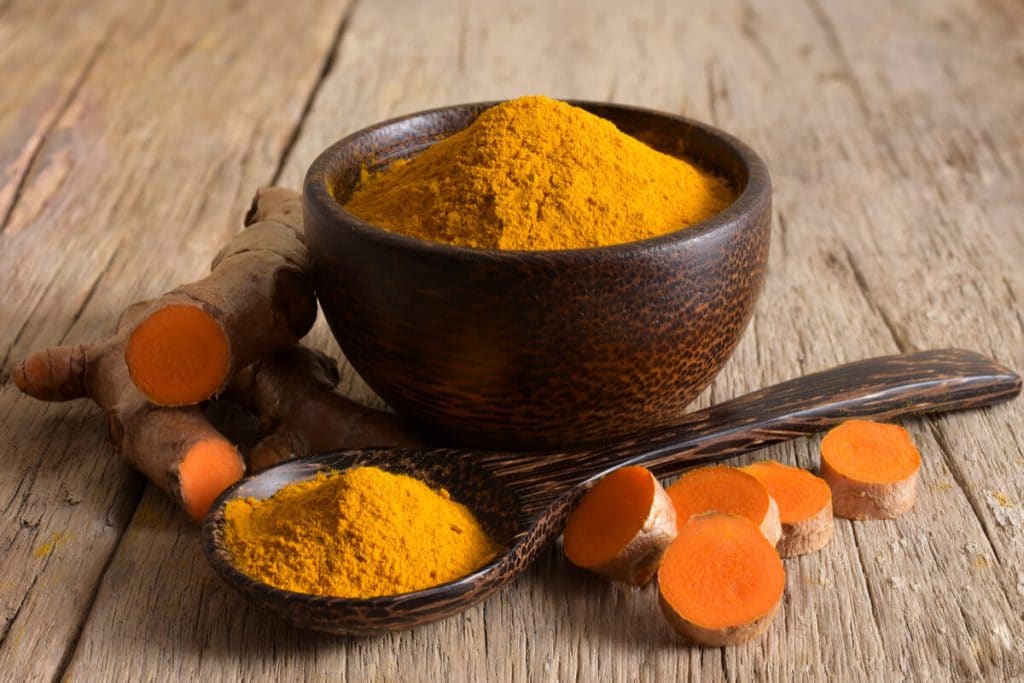Our cholesterol levels are something that we all need to keep an eye on, readers, especially as we age! High cholesterol can put you at risk for serious heart diseases, including heart attacks and strokes. While I’m sure you have already heard about diet and exercise and the role both can play in your cholesterol levels, there is a lot of information out there and it can be a lot to absorb. To start getting your levels down right now, try the quick food tips below.
Go for the gold
Curcumin, found in turmeric root and responsible for giving curry that yellow color, can help lower your “bad,” or LDL cholesterol. It can also boost your “good,” or HDL, cholesterol levels and prevent the formation of plaque in your arteries. Add turmeric powder to your tofu or nondairy milk or use the root in fresh juices. It is also a stellar addition to stews, soups and curries. Try getting in one teaspoon of turmeric powder each day into your diet to hit the recommended amount of curcumin. You can also try a supplement, but read the dosing instructions (this is typically 400 to 600 mg of extract three times a day) and consult with your doctor before taking.
Munch on magnesium
Magnesium has been shown to reduce bad cholesterol levels, as noted by WedMD (https://www.webmd.com/heart-disease/features/diet-lowers-high-cholesterol). Studies have shown that lower levels of magnesium correlate with higher bad cholesterol levels. Generally, you want to get about 400 mg daily to get the positive effects, but you should start slowly and work your way up to avoid stomach upset. About one-fourth of a cup of pumpkin seeds along with a cup of spinach contains about 400 mg. Other solid magnesium sources include dark chocolate, bananas, beet greens, Swiss chard, black beans, figs, almonds and avocados, any of which can be added into your diet in a number of creative ways. Figs, for example, can be blended and mixed into yogurt, and you can add almonds to your favorite cereal.
Find the fiber
Soluble fiber will absorb your digestive tract fiber. So, when you eat soluble fiber, less bad cholesterol ends up moving around your body. Flax and chia are great sources of fiber, and you can add them to oatmeal, salad dressings, puddings, smoothies and even your applesauce. Other good fiber sources include oats, lentils, beans and strawberries.




